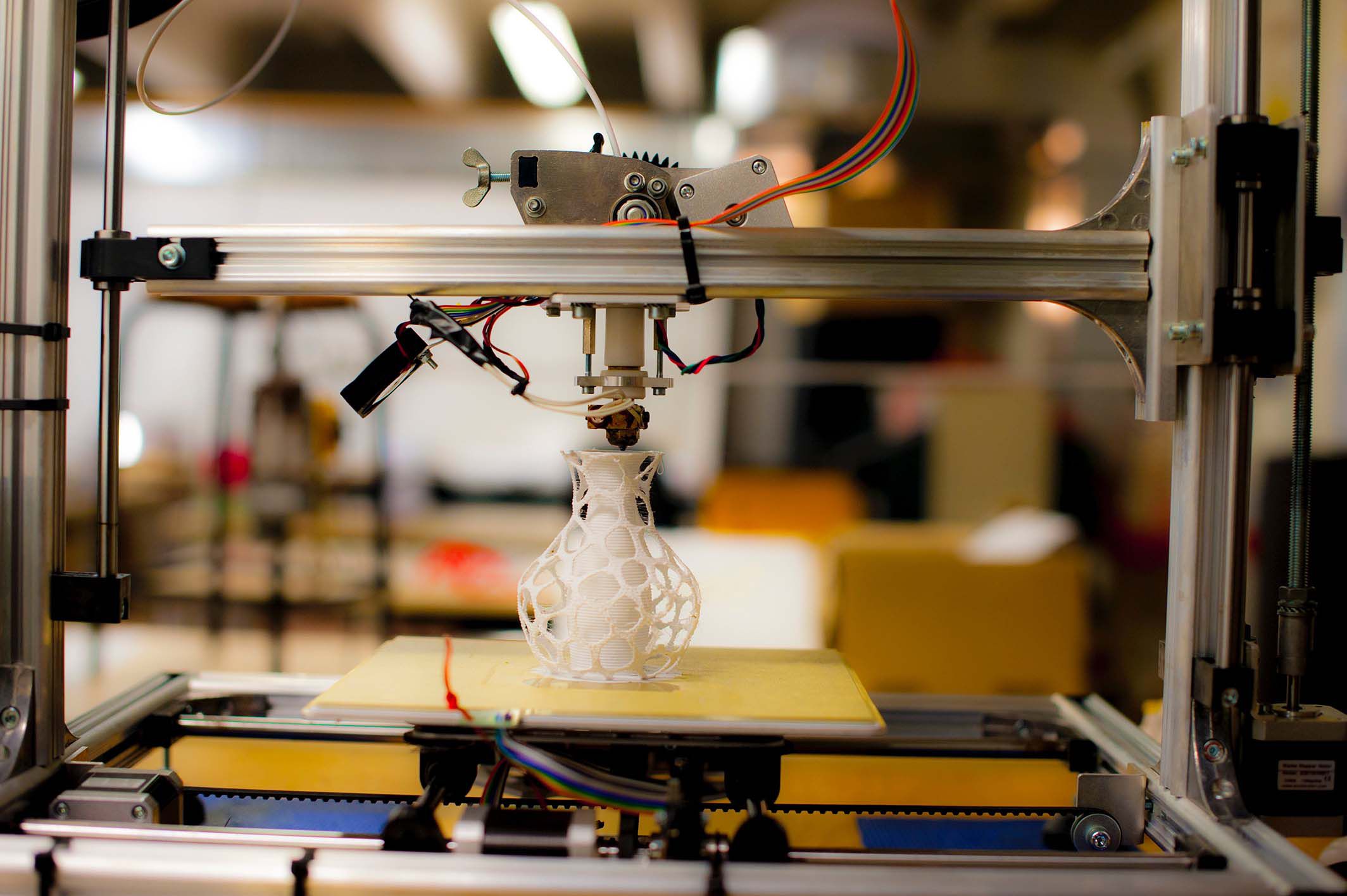In today’s fast-paced world, businesses are always seeking new ways to improve their productivity and efficiency. One technology that has recently gained a lot of attention is hyperautomation. Hyperautomation refers to the use of advanced technologies, such as artificial intelligence (AI) and machine learning (ML), to automate a wide range of tasks and processes.
Hyperautomation is more than just automation. It is about combining automation with other technologies to create a comprehensive solution that can drive better outcomes. By leveraging AI, ML, natural language processing (NLP), and other technologies, hyperautomation can help organizations achieve their goals faster and with greater accuracy.
Why hyperautomation?
One of the biggest advantages of hyperautomation is that it can help businesses reduce costs and increase productivity. By automating repetitive and mundane tasks, employees can focus on more complex and high-value activities. Hyperautomation can also help organizations improve their customer experience by providing faster and more accurate responses to customer inquiries.
Hyperautomation is already making an impact in several industries. For example, in the healthcare industry, hyperautomation is being used to improve patient care by automating administrative tasks and providing personalized treatment recommendations. In the manufacturing industry, hyperautomation is being used to streamline production processes and reduce errors.
Another area where hyperautomation is making a big impact is in finance. By automating tasks such as fraud detection, underwriting, and claims processing, hyperautomation can help financial institutions reduce costs and improve their bottom line. Hyperautomation can also help banks and other financial institutions provide better customer experiences by automating routine tasks and providing faster responses to customer inquiries.
However, hyperautomation is not without its challenges. One of the biggest challenges is data security. With so much data being generated and processed, it is important to ensure that sensitive data is protected from unauthorized access. Another challenge is the need for skilled personnel to develop and implement hyperautomation solutions. It is important to have experts who can understand the technology and the business processes to create effective solutions.









